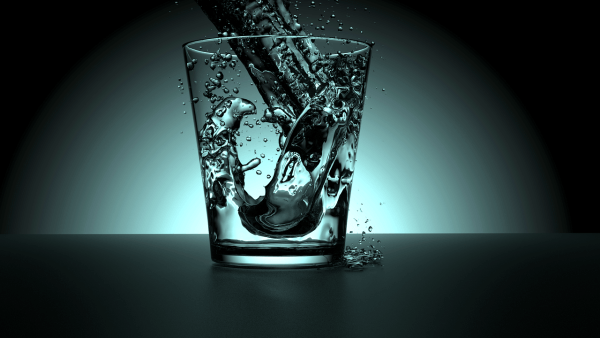A new study conducted by the Harvard T.H. Chan School of Public Health indicates that in the US, 54.5 % of children and adolescents are dehydrated. This finding is particularly important because sufficient water intake helps maintain basic physiological functions including metabolism, temperature regulation, and circulation. Conversely, prolonged inadequate hydration can impair physical and cognitive function, leading to excessive tiredness. Dehydration can be determined a number of different ways and is defined in this study as a urine osmolarity concentration of greater than 800 mOsm/kg. With data coming from a Centers for Disease Control and Prevention (CDC) survey of over 4,000 US children and adolescences between the ages of six and 19, this study provides important information regarding the issue of inadequate hydration among youth in the US.
Dehydration can be caused by a number of symptoms, such as fevers, diarrhea, and vomiting, that are associated with bacterial and viral infections. However, such diseases are less common in developed countries like the United States. The more likely cause is simply insufficient water intake, a public health problem that is very preventable with increased awareness. Interestingly, the study also highlights disparities in hydration based on gender and ethnicity. The odds of inadequate hydration among boys was 1.76 times higher than girls while non-Hispanic Blacks had 1.34 times higher odds in comparison to non-Hispanic Whites. Although the study authors did not identify the reasons for the observed disparities, they suggested a future study could explore potential correlations between gender, ethnicity, and fluid intake.
Recall that the United States Department of Agriculture (USDA) recommends 1.7 liters of fluids daily for young children up to age eight, and between 2.1-2.4 liters daily for children between nine and 13 years. Meanwhile, teenagers and adults need between 2.3-2.7 liters of fluid daily. The recommended fluid levels can come from multiple sources in addition to water, such as milk, juice, and even food.
Image Source: Alistair Berg
Children and adolescents can be particularly susceptible to dehydration during vigorous exercise or from being in hot weather for extended periods of time, as both can cause sweating and are quick ways to lose water. Concentrated urine and dry lips are common indicators of dehydration, and all care-givers should encourage additional fluid intake if their children present with those symptoms. Though the daily fluid intake guidelines set by the USDA are recommendations, frequent water consumption throughout the day can help ensure your child is adequately hydrated.
Feature Image Source: peto666301










